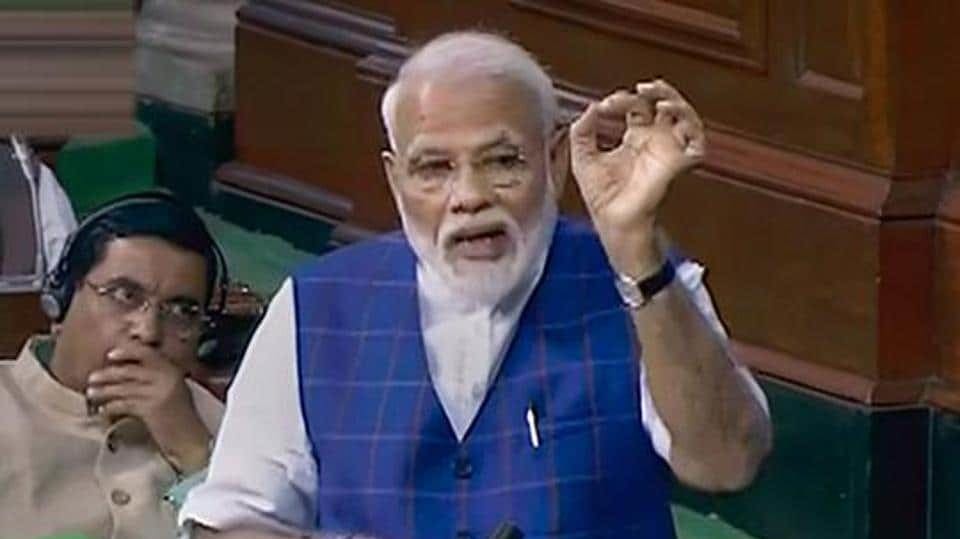
Prime Minister Narendra Modi, for the second time in as many weeks, has pulled up ministers and Members of Parliament of the Bharatiya Janata Party (BJP) for skipping house proceedings. At a parliamentary party meeting on Tuesday, he categorically asked for a list of ministers, who were supposed to be present in the house but were not there, and reportedly said he had a way to handle them. This rebuke comes after the PM had bluntly told his MPs just last week that parliamentary attendance and participation were essential. He even told them that his selection of ministers was based on a number of parameters, which included the role performed by a particular MP in the house.
It is striking that despite Mr Modi’s overwhelming authority and stature in the party, and his carrot and stick approach, in which he both warned and incentivised them, the BJP’s MPs have chosen not to pay heed. This indicates that the problem is deeper, and it is not confined to merely the ruling party MPs, for the opposition benches are often empty too. Two explanations are likely. The first is that,despite the intense competition to become an MP, some of those who win elections find the parliamentary (and primary) role of an elected representative to not be to their liking – the main role of the MP is to participate and enrich the deliberations in the house on a range of issues; help make laws which serve as the framework for governance and society; and serve as a source of accountability for the executive. But this is often not what attracts all people to Parliament. The ability to dispense patronage and a shot at being a minister are more important drivers to some. The second reason, which MPs offer in self-justification, is that they have a range of responsibilities: catering to constituents; doing party work; doing advocacy for their constituencies and projects in ministries. This is what eventually helps in elections, and this takes away time. But this is a feeble defence, for all of this should be secondary when Parliament is in session.
There is no easy solution. But three steps will help. The first is making Parliament more effective. This has been a productive session, but many MPs seem to think the house is a mere rubber stamp and has little autonomy of its own. This is not true. Parliamentary interventions are crucial; debates are the heart and soul of democracy. And an effective speech, or careful research-based work in committees, can end up making a big difference. The second, as Mr Modi is seeking to do, is instituting firmer party discipline. This is not to suggest there is a whip for every discussion, but MPs must be held to greater accountability if they do skip proceedings by party authorities. And finally, it is time for voters to become more demanding of their MPs, and ask not merely what they do for their constituencies but also ask what they did in Parliament.
First Published: Jul 17, 2019 17:49 IST
tags